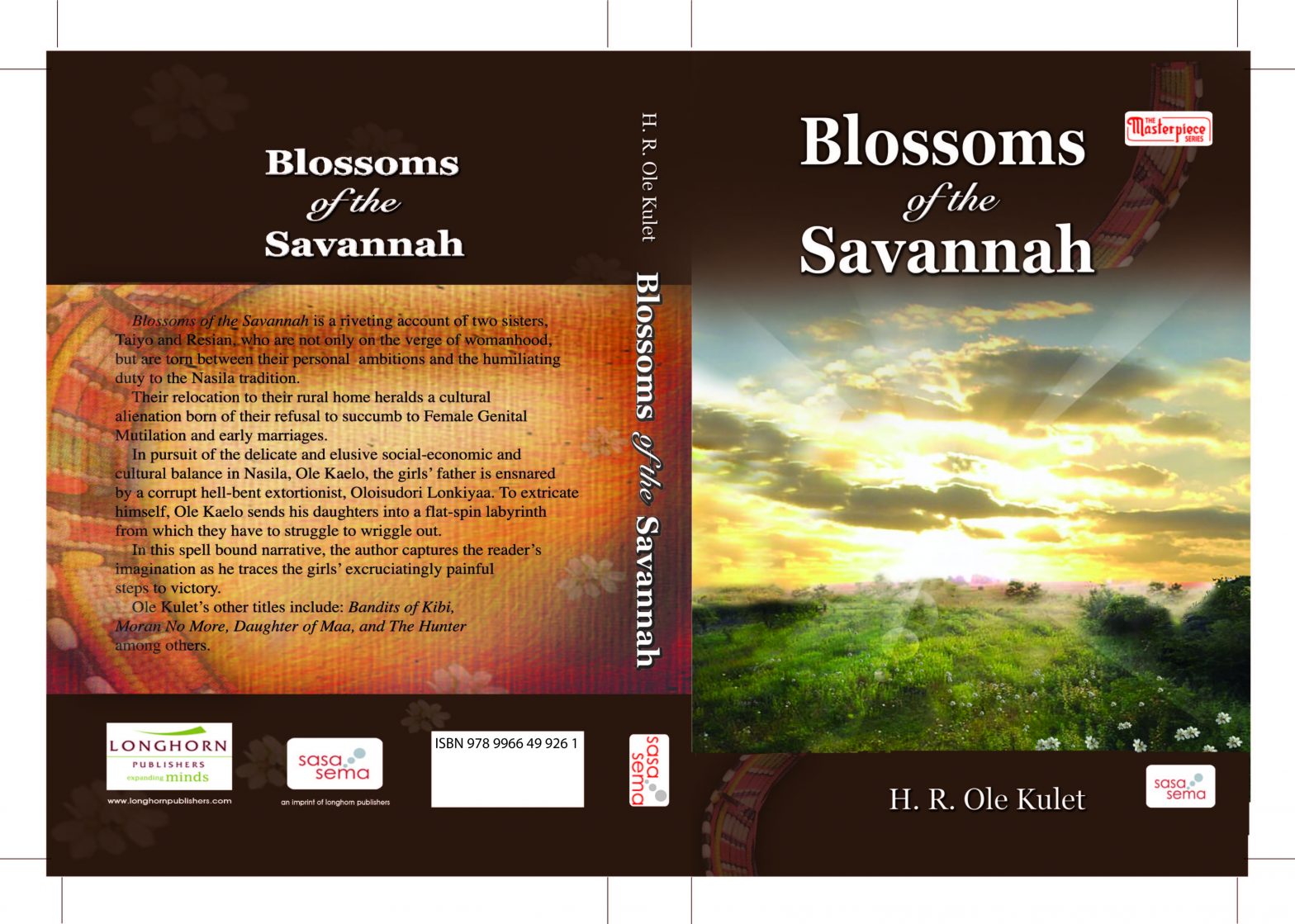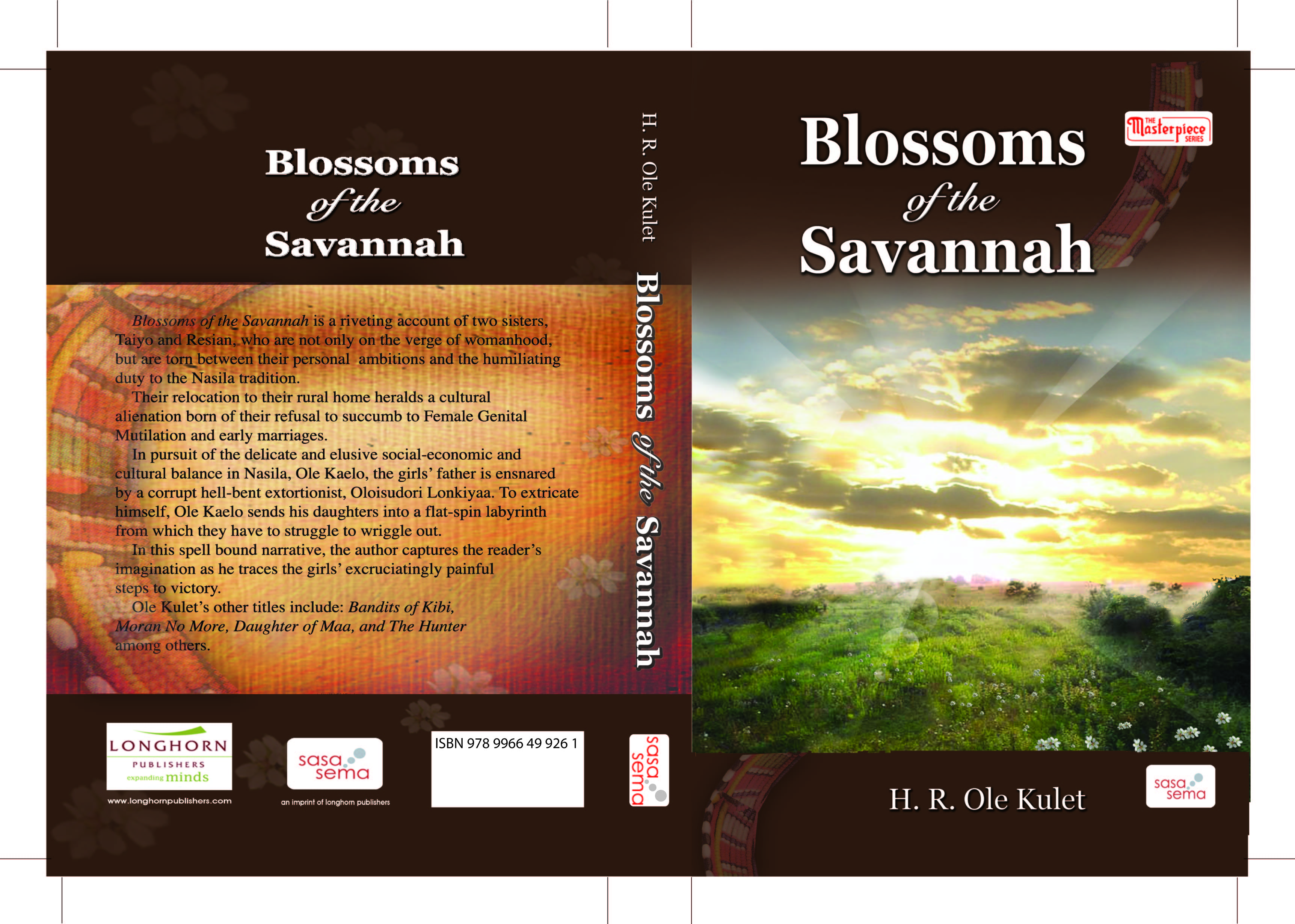I wrote this short story a while back, and now want to share it with my readers. This is my small way of saying Merry Christmas. Feel free to critique it.
In the name of the church
By JOSEPH NGUNJIRI
Something in Rev Mate’s bearing that Sunday morning indicated that all was not well. After he parked his car, he headed straight for the vestry. He only acknowledged the parishioners greetings with a dismissive wave of his hand. As he rounded the corner to the vestry, his broad shoulders could be seen twitching. His slight knock-kneed gait appeared more pronounced today.
This was unlike him.
On normal days, he took time to chat with the early parishioners gathered outside the church building. On such occasions, his deep baritone, peppered with loud infectious laughter, would reverberate throughout the church compound.
Rev Mate’s strange behaviour left the people gathered at the compound baffled. An air of uncertainty fell over the church compound. The happy conversation, which had earlier on filtered out to the main highway died down, and in its place muted whispers ensued. One after the other, they silently filed into the church building.
Festo, who had, absent-mindedly, been scanning the notice-board, at the corner of the building, took it all in from where he was standing. The Reverend passed without even taking note of him.
If only he could tell what was in the pastor’s mind…
Somehow, word of Rev Mate’s unusual mood had filtered out there, for worshipers arriving at the church came with excited looks in their eyes. Some were out of breath, most likely they had come running.
Once inside the compound, their eyes darted from one end of the compound to the other, expecting to find something beyond the ordinary. They had the kind of look reserved for a yet-to-be-sighted accident scene or a house on fire.
Failing to satisfy their curiosity, they directed their anxiety inside the church, where rest of the congregation was eagerly waiting for Rev Mate to reveal the source of his mysterious mood.
Festo was still standing at the notice board when three vehicles rolled in. At the lead was Mr. Maneno’s sleek 4×4, followed by Mrs. Muthee’s Rav4. Maiko’s pick-up brought in the rear.
Maiko had recently bought his vehicle and was quite proud of it. He let everybody know how he had worked very hard to buy it, and you could not begrudge him his new-found wealth. He really had earned it.
He had earned something else too.
He had gained acceptance into the privileged company of Mr. Maneno, Mrs. Muthee, and other ‘royals’ who it was whispered, ‘owned’ Pengo Worship Church. This would not have been the case had he still been the struggling shop-keeper he was those many years ago when he first came to Pengo.
Presently, Festo observed them get out of their cars and assemble beside Mr. Maneno’s latest Range Rover model. There were a few other people who had disembarked from the three vehicles.
In all, they were about seven people.
The congregation inside the church had started singing, though the voices were subdued, probably as a result of the anxiety caused by their pastor’s strange mood.
The impromptu meeting at the car park had drawn Festo’s attention, and from where he was standing, he could sense the tension in the assembled group. The agitated gestures told it all.
Clearly, they were plotting something, if they had not already plotted it.
Then he saw Shem.
Shem was a member of the church’s youth club, which Festo also belonged. The two never got along well. Mamluki – Mercenary – was the name Festo had given him, for his tendency to do anything for the highest bidder, and it had stuck.
Mr. Maneno was whispering something to his ear. Shem was nodding at whatever he was being told, his eyes darting from side to side as if looking out for danger signs. That is when their eyes met.
Shem’s eyes had a stubborn defiance about them. He was daring Festo to do his worst. He straightened himself up to make it clear to Festo that he was actually ‘dining with the royals.’
Mr. Maneno finished with Shem and Maiko pulled the former aside. After another round of whispering, the gathering broke and they headed for the church.
Mr. Maneno led the way. He was carrying his black leather bound bible. From the explosive expression on his face, to his manner of walking, he might as well have been carrying a spear.
The body language was replicated in the rest of the group. They marched towards the church building like a band of warriors going to subdue a stubborn village.
Festo caught up with Maiko as they were entering the church. He tapped his shoulder to draw his attention.
“What are you guys up to?” he asked in a whisper, drawing level.
Maiko was slightly startled but recovered fast; “We want to clean up Pengo. Once and for all,” he whispered back, it came out as a hiss. He stressed the last statement. He branched to take a seat next to Mr. Maneno, on the left side of the church.
Festo made a mental note to seek him out after the service. Their defiant posturing must be the reason behind Rev Mate’s impossible mood, he reasoned.
The singing was temporarily disrupted as the latest group settled down in church. After the singing was over, the congregation sat down to an uncomfortable silence.
Each of the group of elders seated at the raised platform next to the church’s altar, facing the congregation, appeared lost in thought. Some were reading their bibles, or pretending to.
Clearly, Something big was in the offing.
Rev Mate, seated on his usual seat on the far right, equally cut a lonely but defiant figure. His eyes scanned the congregation, quietly taking everything in. Most people avoided his stare.
Festo followed the Reverend’s gaze as it settled on Mr. Maneno and Maiko. The two were deep in conversation, oblivious of the fact that all the eyes in the church had followed Rev Mate’s and congregated on them.
Shem, who was seated on the other side of Maiko, nudged the shop-keeper who now sat up, and for a few nervous seconds, Maiko and the Reverend eye-balled each other.
“This is bound to be interesting,” Festo told himself, settling more comfortably on his seat.
His mind drifted back to Maiko and how fast his profile had risen in the community.
Maiko, as everyone knew him, came to Pengo about ten years back, and set up his small retail shop, which people later named Kwamaiko – Maiko’s place. At first, they were hesitant to buy from his shop, until they discovered that products from his shop were slightly cheaper – always a Shilling or two less – than the other shops.
Another thing that attracted people to his shop was his friendly nature. There was this familiarity about him that made striking a conversation with him quite easy.
It was not unusual to find some of the most withdrawn people in village in an animated conversation with Maiko.
To Maiko, every young man was “man man”, and young women were “auntie”. Older women were “Mathee”, while the old men were “Mzee.” He knew almost all children by name.
The personal attention he gave his customers ensured that his shop was always full particularly in the evenings – “Rush hour”, he called it – as people came to buy provisions for the evening meal.
Maiko was also credited with “budget packs” which proved especially popular with many Pengo residents who were mostly low-income earners. At Kwamaiko, one could buy sugar, salt, cooking fat, tea leaves, and even margarine for as little as five Shillings. “One can never go to bed hungry as long as Maiko is there,” was the popular refrain in the area.
That was not all. His popularity received a further boost by the fact that he was quite generous. He was known to contribute generously to any cause particularly whenever there was a crisis.
That is how he found himself in the A-list of invited guests to any fund-raising venture in the village. That is also how, years later, he found his way into the Mr. Maneno-led committee for the construction of the multi-purpose hall at Pengo Worship Church, where he had earned front-pew membership.
As for the church hall committee, no one seemed to remember how he got appointed to it, only that it involved millions of Shillings, and many in the church gave it a wide berth for that reason alone.
By this time, his business had grown considerably, and he had taken an additional room to accommodate his expansion. Talk was rife that a building under construction, next to the matatu terminus belonged to him. Though this fact was unconfirmed, it inevitably raised questions as to the source of his sudden riches.
Festo clearly remembered that day, about six years ago, when his acquaintance with Maiko started. Then a Form Three pupil at Pengo Boys High School, he was coming home from school, when he dropped by at Maiko’s store to buy Kangumu, a hard crunchy cake.
It is then that the shop-keeper noticed the James Hardley Chase novel Festo had on his hand. Interested, Maiko asked if they the younger man would be willing to swap books with him, once he was done reading.
As time went by the two grew to be good friends. During weekends and on holidays, Maiko would send Festo on errands for which he would pay promptly.
“I will not allow this!” Rev Mate’s thunderous voice brought Festo to the present. The church’s speakers amplified his voice a hundred fold, the effect of which left the congregation cowering in their seats. Though a good natured person, the Reverend was known to possess an explosive temper. And clearly he was now possessed by the demons of his famed temper.
Festo looked up to see a really worked up Rev Mate glowering on the congregation, his hands clutching the edges of the pulpit as if for support. The last time the congregation saw him this angry was when a private developer turned an adjacent plot – which the church had eyed for expansion – into a nightclub. Needless to say, the club had closed down due to lack of business, five months down the line. Some in Pengo had said it was due to the power of prayer. A common joke among the Saturday night revelers in the club, was that they would drink the whole night and rise to repent in church the following morning.
“Some of you are using the name of the church to raise funds abroad, whose account remains secret,” Rev Mate said, his voice now calm but still full of menace. “Through my own investigations,” he continued. He now had the congregation’s undivided attention. “I managed to locate the bank holding the account, but the bank manager told me he was under orders not to disclose the signatories.”
“Members of the church hall committee have all along pretended to contribute ‘generously’ towards its construction, but all they are doing is to enrich themselves.”
Again, eyes in the church shifted to where Mr. Maneno and Maiko were seated. The two shifted uncomfortably in their seats, but they still retained their defiant looks.
“God blesses those who give generously, so the bible says,” the Reverend continued. “But in our case the Americans, and not God, are ‘blessing’ our committee members.”
“The construction of the multi-purpose hall has been going on forever, but according to records in my possession, the funds keep flowing in from abroad,” he paused to let the effect sink.
“Why,” he continued. “Don’t we see the same generosity directed towards the needy pupils, who cannot go to school for lack of fees – Why is that same generosity not going towards taking care of the ever increasing number of Aids orphans?”
“That is not all,” his voice was raised once more. “They now want to force me to sign consent forms so that ‘some members’ of the church, whom we know very well are their children, can go on ‘exchange visits’ to the US.”
A wave of murmuring swept through the church.
“Well, I have news for you. Since with or without the church consent your children will go anyway, let them go privately, but not in the name of the church.”
All was getting clear in Festo’s mind. Could this be the secret behind Maiko’s new-found wealth? Countless other questions were swimming in his mind. Could this also explain why Maiko’s son Jere, who recently cleared Form Four, was telling everyone, who cared to listen, how he was going for “further studies” in the US.
So Jere could be among those whose consent forms Rev Mate was refusing to sign? No wonder Maiko so badly wanted to “clean-up” Pengo.
Festo’s mind wondered back to the day Mlachake, the local wag, ‘rebuked’ Maiko and his ilk for what he called hypocrisy.
It was a wet afternoon, and as usual Mlachake was staggering from the effect of “too much illicit”. Mr. Maneno had stopped by Maiko’s shop, and the two were talking outside the former’s vehicle.
After falling theatrically close to their feet, Mlachake picked himself up, dusted himself with much ceremony and, assured of a captive audience, launched his diatribe; “I live off the sweat of my brow. I am not like some people, who go begging from Mzungus, and they are not ashamed to parade their big cars, showing how rich they are.”
He then twisted his mouth into a drunken sneer, “All this they do in the name of the church, Washindwe Kabisa!” he spat contemptuously and left in a more steady stagger.
On-lookers were left marveling at Mlachake’s boldness. Even more baffling was the fact that Mlachake, who had never stepped into Pengo Worship Church, or any other church for that matter, had this ‘dossier’.
At that time, he was dismissed as a case of sour grapes. What was more, Maiko had refused to extend credit facility to him, for non-payment of an “outstanding debt.”
Festo was brought back to the present by the offertory pouch, thrust in his face, by an overenthusiastic usher. He dug into his pocket and dropped a ten Shilling coin into the pouch.
More than ever before, he needed to talk to Maiko.
He was leaving the church compound when the phone in his pocket vibrated once signaling the arrival of a message. “We need to talk. Find me at Makutano filling station,” the message from Maiko read. It was as if he had read what was going on in his mind.
It nevertheless seemed strange that Maiko would ask to meet him at Mr. Maneno’s filling station. But then, after what had transpired in church, nothing seemed strange any more.
Maiko was waiting for him next to his pick-up, parked near the puncture repair stop. He was fidgeting with his phone. He appeared ill-at-ease with himself.
“Man man you need to know what is happening,” was the first thing Maiko said, pulling Festo by the hand towards the back of the building.
This was where Mr. Maneno had an office. Their host ushered them inside. Festo noticed that, Mr. Maneno, like Maiko, he had a pained look on his face.
“Sit down,” Mr. Maneno forced a smile said showing him a seat.
“What will you take?” he asked reaching for a small fridge at the back of his seat.
Festo asked for a Sprite. He could not wait to hear what they had called him for.
“You realize that things are not well in our church,” Mr. Maneno broke the silence. “We need all the help we can get to restore sanity back to our church. Maiko here, tells me that we can rely on you.”
“Yes, yes,” Maiko stammered. “With your influence among the youth in church, we need you to join our struggle to clean up Pengo.”
They did not give him a chance to respond. They did not intend to.
“You don’t have to worry, this thing has blessings from the top. The big people at the headquarters know about it. Pengo ina wenyewe,” added Mr. Maneno – Pengo has it’s owners.
“We will make it worth your while,” offered Maiko.
“Maiko tells me that you lack fees for university education, I can organize for a scholarship from my contacts in the US,” Mr. Maneno paused to let his unbelievable offer sink. “You only need to mobilize the youth into signing a petition saying we have no confidence in Rev Mate.”
Festo’s head was swimming. He had heard enough for a day.
It did not come as surprise when the two told him that Shem, who was now “working” with them, had recently resumed his parallel degree studies at the University of Nairobi, after a long break for lack of fees. All this, courtesy of Mr. Maneno and Co.
They discussed their plan further, but Festo pleaded for time to think things over.
Maiko gave him a ride home.
The tension in Pengo Church did not subside, if anything, it grew worse in the following two weeks. One could draw a line in church dividing the opposing camps. Intriguingly, the numbers in Mr. Maneno’s camp kept swelling, while that supporting the Reverend kept thinning.
On the third Sunday, following Rev. Mate’s unforgettable ‘sermon’, matters came to a head. Church faithful arrived in church to find its gates locked. There were five guards standing on the inside telling worshippers that they had “instructions” not to let anyone in.
The crowd was still gathered outside arguing with the guards when Rev Mate’s blue Toyota arrived. A sudden hush fell over them as they eagerly awaited to hear what he would tell them. Festo was following the unfolding events from the back of the crowd.
“The mercenaries amongst you have won,” he announced. “Today, I can’t access a church I have ministered for the last five years, to give a farewell sermon.”
“For those who want to know, I have been recalled to the headquarters. I leave here with my conscience clear,” he said his eyes scanning the gathered crowd. Though Festo was not in Rev Mate’s view, he cast his face downwards.
After a brief pause Rev Mate added; “I will leave it upon you to make peace with your God, and remember that I have forgiven you.” And turning to the guards he said; “You can open the gate now, I have no intention of coming back here. God bless you all.” And with that he got into his car and left.
Suddenly Festo felt cold all over his body. His thoughts raced back to the unopened envelope, lying on his bedside table, delivered by Mr. Maneno’s driver, the previous night.




